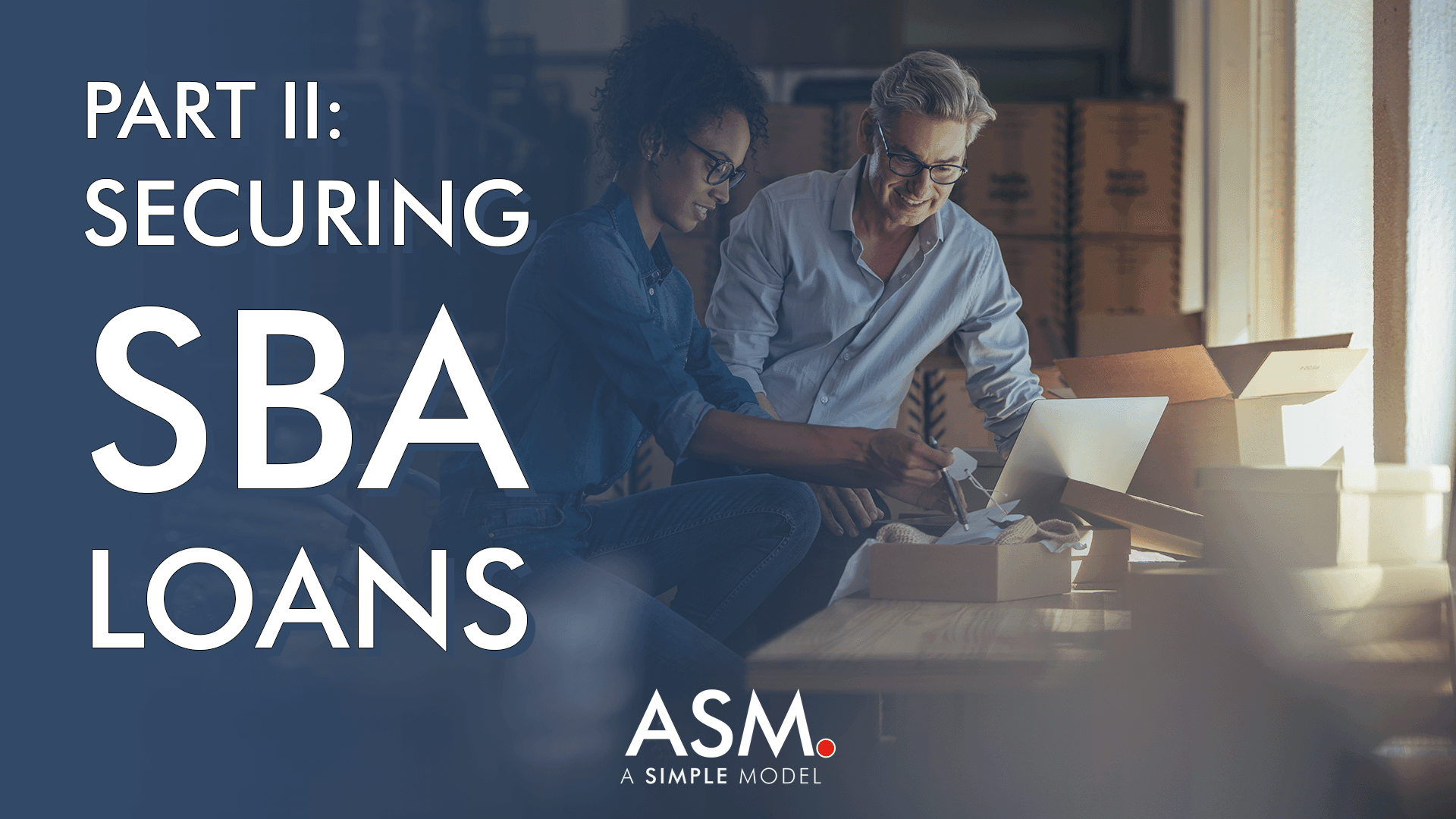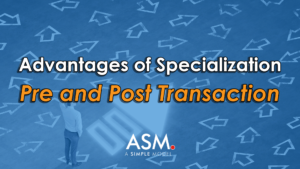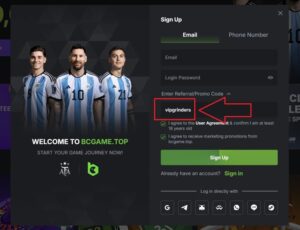

If you have read the previous article introducing SBA 7(a) loans as a potential source of funds to purchase a business, you may want more details on loan eligibility and application details. Consider this article your introductory guide to how loans work and what you need to get one (at least at a high level). As I said in my first post, the application process for an SBA loan is neither quick nor easy. So before you apply, you need to understand what to expect, what factors make your application more likely to be approved, and what other financing options are outside of the SBA’s reach.
Some Important Things to Know About SBA 7(a) Loans
First and foremost, any business purchased using a Small Business Administration loan must qualify as a small business. So what does this mean? Small business eligibility depends on specific criteria (usually annual revenue or number of employees), which vary by industry (Size chart | U.S. Small Business Administration (sba.gov)). Considering purchasing silver mines? It can have up to 1,500 employees and still qualify as a small business. However, if the furniture wholesaler has more than 100 employees, it is no longer eligible. Most retail businesses are judged by their receipts. Fruit and vegetable sellers must earn no more than $9 million per year to qualify as a small business, while boat dealers can earn up to $40 million! These numbers may seem a little arbitrary, but that’s what makes getting an SBA loan a detailed process.
Additionally, according to the SBA (Terms, Conditions & Eligibility | U.S. Small Business Administration (sba.gov)), in order to use a 7(a) loan to purchase a business, the borrower must be “unable to obtain the required credit on reasonable terms from non-federal, non-state, and non-local government sources.” The purchase must also be for the benefit of the entire business and not just part of it. A wide range of types of businesses—including those involved in gambling, speculation, or lending—are not eligible for these loans.
For business-specific information, your loan application may require, among other things, financial projections and typically historical financial statements (7(a) Loans | U.S. Small Business Administration (sba.gov)). Each new owner who owns a substantial stake in the business (usually defined as 20% or more) must also provide an unlimited personal guarantee. Even smaller owners may be required to provide limited guarantees. This means that if the business defaults on the loan, each owner who provided a guarantee will be personally liable for repayment.
Do not take this requirement lightly. This means you could lose your savings, car, and personal property if the deal doesn’t go the way you expect. Depending on your state, bankruptcy may provide some protection for your primary residence, if it is involved. To be proactive, some borrowers try to protect key assets by transferring ownership to family members before providing security.
Although the SBA does not have a specific minimum personal credit score for applicants, lenders facilitating loans may impose their own requirements, and a score of 680 or higher generally increases the odds of approval. SBA 7(a) loans also require at least a 10% down payment, but there is a loophole. Current rules allow sellers to provide half of the down payment. This means that in theory you only need to put 5% of your own capital into trading. If you’re a veteran, the SBA’s Veterans Advantage Program offers cost savings (5000-1172 (sba.gov)).
In many acquisitions, the buyer will expect the seller to remain with the company in some capacity and/or include an earnings arrangement where the seller receives future compensation based on the performance of the business. These can make the ownership transition smoother and help align everyone’s incentives with the company’s continued success. Unfortunately, SBA loans prohibit earnout arrangements, and the seller must exit the company upon acquisition. Seller consultation agreements are allowed but cannot last longer than one year.
Advice on Using SBA 7(a) Loans for Acquisitions
Now for my thoughts on SBA 7(a) loans: they have many advantages (as discussed in the previous article), but are not always the best source of funding for a transaction. Depending on the circumstances and your financial situation, conventional loans may offer comparable (sometimes even lower) interest rates and more attractive terms without the personal guarantee required for an SBA loan. While SBA loans are available in amounts up to $5 million, it may not be worth insuring loans less than $50,000.
The bottom line is that when purchasing a business, you should always explore all available options and obtain quotes from as many different sources as possible before making a decision. There’s no shortage of financing options out there—friends and family, equity investors, unsecured bank loans, business asset-backed financing, seller financing, home equity lines of credit, and even credit cards (though you’ll want to use these funds with extreme caution). the latter two).
Considering a larger acquisition that may require more than $5 million in debt financing? The $5 million limit does not necessarily prevent you from applying for an SBA 7(a) loan. You can always explore a pari-passu (Latin for “equal status”) loan, in which your lender pairs the SBA loan with a matching loan on similar terms (although not guaranteed by the SBA) to make up the difference. This allows you to use an SBA 7(a) loan to partially finance a business acquisition costing $10 million or more. Overall, if you prepare in advance and aren’t rushed, the application process can be useful in other aspects of an acquisition, from understanding the business’s status to making pitches to equity investors to coordinating future program management with the business.
With all of this in mind, where should you go to apply for an SBA loan if you’re ready to move forward? Hundreds of lenders offer these types of loans, but choosing the best one is extremely important, almost as important as choosing the right business to acquire. Fortunately, SBA loan origination data is publicly available, so you can see which banks are actively participating in SBA financing (https://www.sba.gov/partners/lenders/lender-reports). Generally, it can be a real advantage if a bank originates more SBA loans, especially if they have experience underwriting businesses and/or financial situations similar to yours. Regardless, be sure to shop for loans from different lenders and compare offers to understand market conditions.
Depending on your starting point, gathering documents and applying for a loan can easily take a month or even longer. Approval and funding may typically take an additional 90 days, but many cases are faster than this. All in all, SBA 7(a) loans are an extremely useful source of capital for small businesses that may be new to the exciting and lucrative world of private equity. At ASM, we are committed to letting more people find ways to create wealth through acquisitions! So if you decide to take the plunge and purchase a business with an SBA loan, let us know how it goes and we’ll continue to share insights for anyone interested.
Learn more about private equity transactions with ASM’s private equity training courses. ASimpleModel.com’s private equity training courses are developed by industry professionals. The following content goes beyond the leveraged buyout model to explain how private equity professionals find, structure and close deals.






